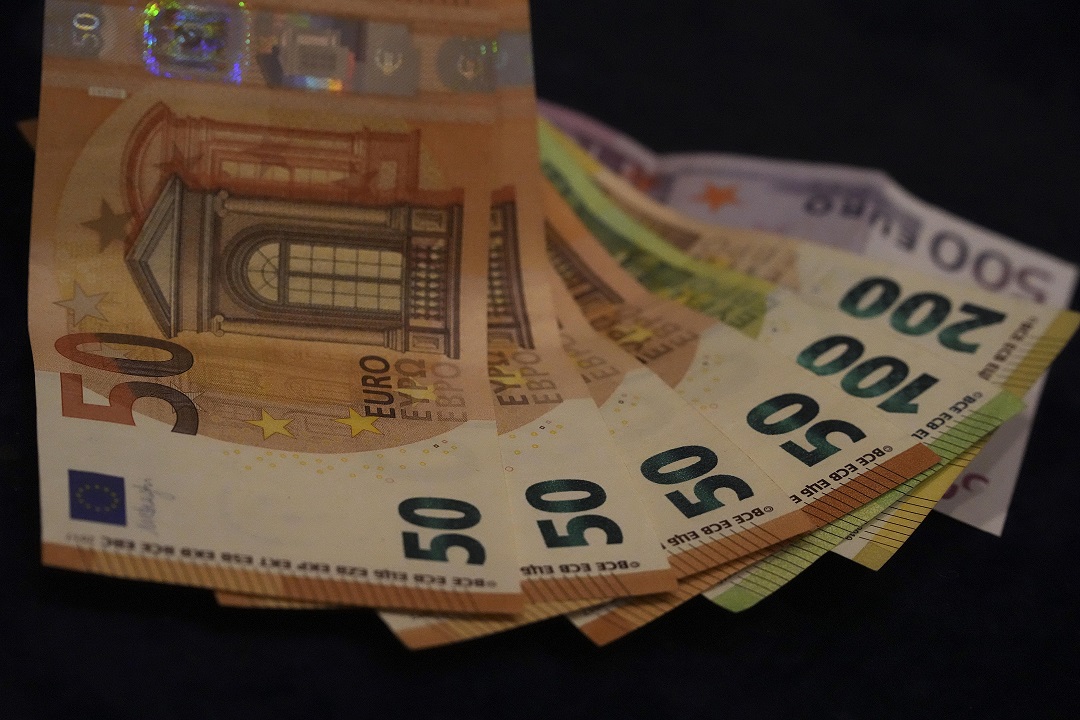Germany’s central bank, the Bundesbank, has corrected its economic forecast, predicting double-digit inflation for the country by the fall in its latest monthly report.
The country’s central bank chief, Joachim Nagel, told the Rheinische Post that Germany’s inflation rate could surge over 10 percent in the fall, which would mark the highest rate in 70 years.
The institution highlighted the soon-to-end €9 rail pass and fuel discount as two factors contributing to the higher cost of living, in addition to the introduction of a gas surcharge.
“The increase in the general statutory minimum wage creates additional cost pressure,” the bank added, referring to the rise in the minimum wage to €12 per hour, which will apply from October.
A weaker euro will impact the country’s purchasing power for wholesale gas, and even with VAT on gas being reduced from 19 to 7 percent, the gas surcharge to be implemented from October will “gradually be reflected in [energy] prices in the autumn.”
[pp id=46771]
“Also due to the increasing labor market shortages, there are signs of higher wage pressure than in the second quarter,” the report added.
The federal government has been warned by business associations that the gas levy announced by Federal Minister of Economics Robert Habeck (Greens) could represent a major blow to the entire German economy with business leaders warning that companies could relocate or close due to the financial pressures.
The German government is slapping a 2.88 cents per kilowatt-hour surcharge on households and industry for ongoing gas consumption.
Europe’s economic powerhouse has been a concern now for some time, with Germany recording its first-ever trade deficit in goods last month, leaving analysts predicting a contraction for Germany’s economy later this year.
[pp id=46790]
The Bundesbank is increasingly pessimistic about future economic developments in Germany and expects a recession by the winter.
“Due to the unfavorable developments on the gas market, the probability that the gross domestic product will decline in the coming winter half-year has increased significantly,” its monthly report stated.
The Munich-based Institute for Economic Research (IFO), one of Germany’s leading think tanks, predicted back in April that Europe’s largest economy would contract by 6.6 percent this year, marking the country’s worst recession in post-war history.





